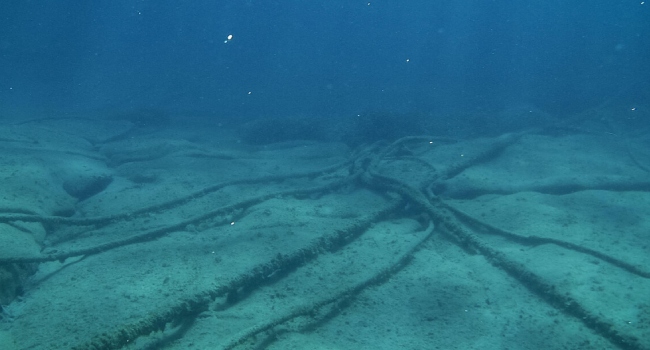Voice, data services restored after undersea cable cuts – NCC

The Nigerian Communications Commission (NCC) says voice and data services affected by undersea cable cuts along the Cote d’Ivoire and Senegal coasts have been restored.
In a Monday statement, the NCC Director of Public Affairs, Rueben Muoka, said that services have now been restored to approximately 90% of their peak utilization capacities.
“Following the disruption on March 14, 2024, which affected data and voice services due to cuts in undersea fibre optics along the coasts of Cote d’Ivoire and Senegal, we are pleased to announce that services have now been restored to
approximately 90% of their peak utilization capacities,” the statement read.
“All operators who were impacted by the cuts have taken recovery capacity from submarine cables which were not impacted by the cuts, and have thus recovered approximately 90% of their peak utilisation capacities.”
The NCC spokesperson said that Mobile Network Operators have assured the commission that data and voice services would operate optimally pending full repairs of the undersea cables as they have managed to activate alternative connectivities to bring back the situation to normalcy.
It appreciated telecom consumers for their patience and understanding during the downtime caused by the undersea fibre cuts.
Since Thursday, telecommunications subscribers and bank users have been stranded as a subsea cable cut in the Atlantic Ocean offshore Cote D’Ivoire, along the coast of West Africa paralysed digital transactions and internet communications. Mobile network operators like MTN and some banks have attributed the network outage to a subsea cable cut in the Atlantic Ocean.
Submarine cable company, MainOne, had said it might take up to two weeks to repair the undersea cable cut that disrupted internet services in Nigeria, Ghana, Cote D’Ivoire, Senegal, and other West African and East African countries in the last four days.
The company had attributed the cut to fishing activities and anchoring in shallow waters near shore, natural hazards such as earthquakes, landslides, and then equipment failure.











